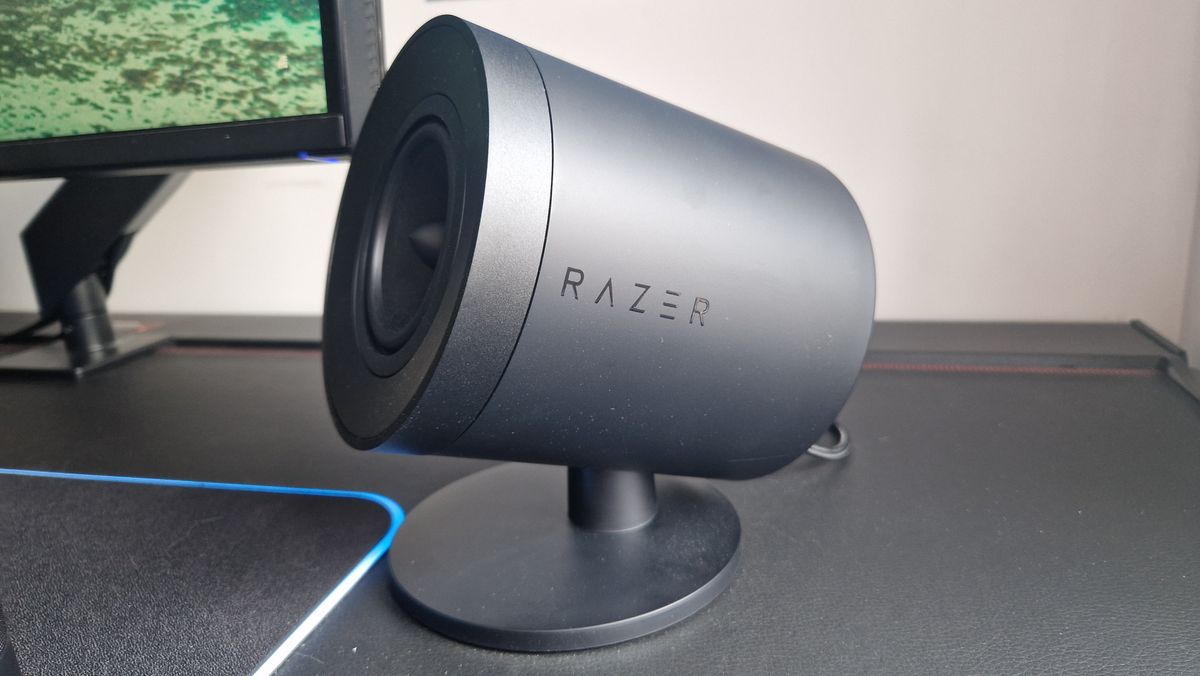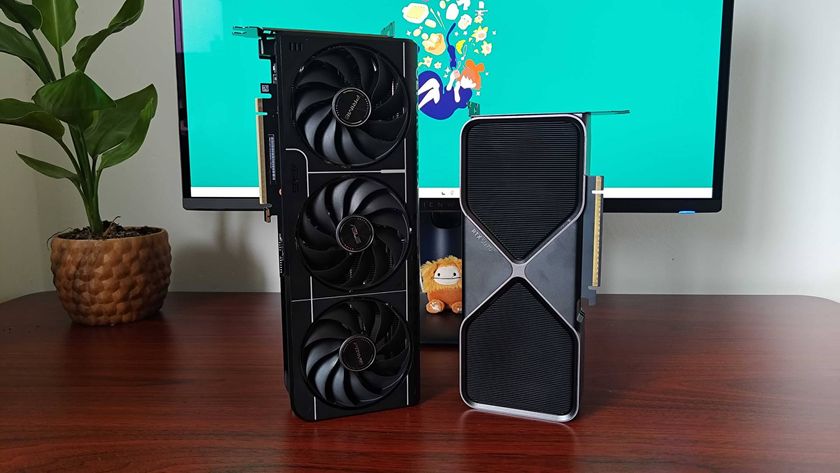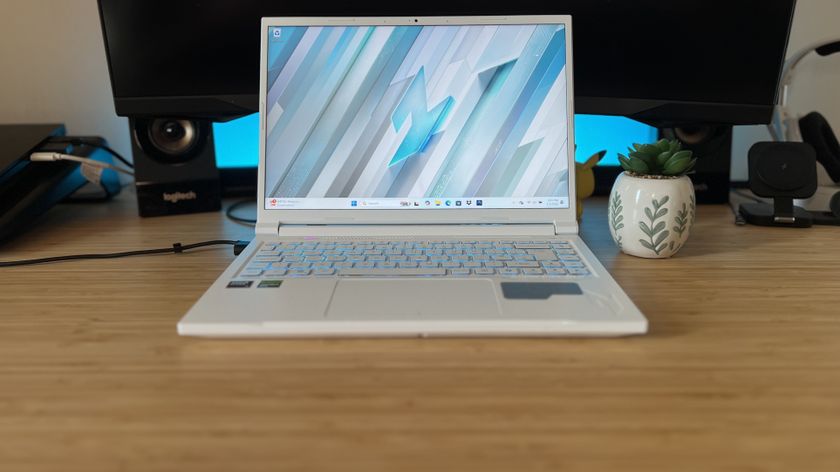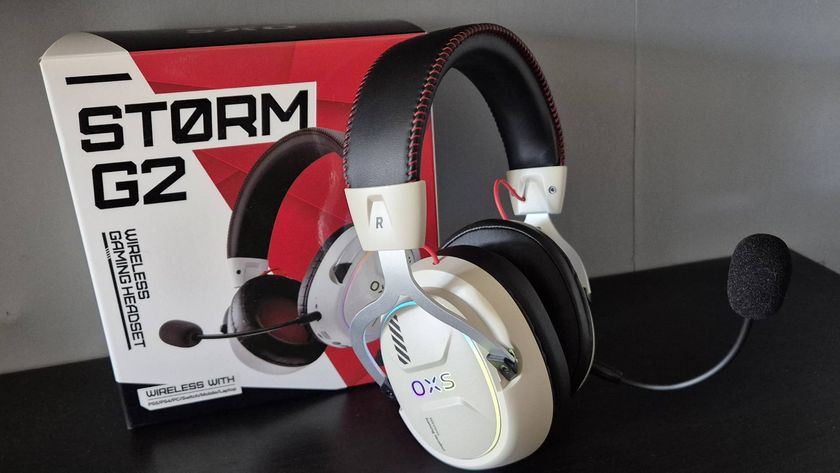12DOVE Verdict
The new and revamped Razer Nommo V2 Pro speakers are largely a great success. They take everything from their predecessors and refine the experience from design and build to ease of use - and the audio quality is spectacular. There are still some slight question marks over the ultra-stripped back connectivity options and value but these are great gaming speakers.
Pros
- +
Sublime audio quality for all media
- +
Great bass levels and overall volume
- +
Compact, sleek design
- +
Wireless subwoofer and controller
- +
THX Spatial audio is great
Cons
- -
Lack of input choice
- -
Questionable value over the regular V2s
Why you can trust 12DOVE
The Razer Nomma V2 Pro speakers follow the trend of Razer products getting the updated ‘V2’ treatment, and there’s a range of changes afoot. From design and build alterations, to improvements across setup and connectivity, this new set looks to update the Nommo series and drag it into the next generation of gaming.
The Leviathan line of soundbars also got the same glow up recently and now spans a full range of audio needs and price brackets - but can the new Nommo range do the same successfully? And can the new Razer Nommo V2 Pro be a true flagship, taking on the best computer speakers going in 2023?
| Connection | USB / Bluetooth 5.3 |
| Drivers | Full-range drivers: 2 x 3”; Down-firing subwoofer driver: 1 x 5.5” |
| Frequency response | 40 Hz – 20 kHz |
| Controls | Input switch, power, mute, volume |
Design
- Quality design and build
- Compact units
- Wireless woofer and remote
The Nommo V2 Pro immediately looks like something from the brand and share a lot with Razer headsets in terms of design language, with its sleek matte black finish. However, these do look a lot different from the original Nommo Pros - the design has been fully overhauled. The desktop speakers are now medium-sized cylinders on circular stands - way smaller and much more space-friendly than the double-cylindered speakers of the original. Each is sturdy, robust, and feels very solid - and the wide circular base means they won't be going anywhere. The subwoofer is a simple black box - a huge improvement on the absolutely enormous cylinder that came with the first iteration (I had to get a new gaming desk to accommodate that a few years ago).
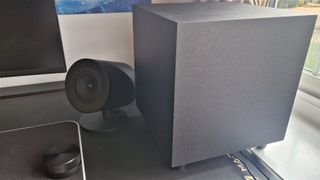
The subwoofer is now wireless, which is a small but enormously welcome addition to finally grace any set of Razer speakers or soundbars. It probably shouldn’t have taken until 2023 for this to appear - my Samsung soundbar from 2015 has a wireless subwoofer, for example - but then again Razer doesn’t iterate on its speakers that often. The remote controller is back for the V2 Pros, and is now a ‘proper’ remote, ditching the wire.
Features
- Wireless remote and woofer
- Severely limited connection options
- 3" full-range drivers and wireless down-firing subwoofer
The set’s features are much altered from the original. The remote has a few controls (turn to increase/decrease volume, and there’s a source button) built into its sleek hockey puck-like shell though it’s very likely that the only one you’ll find yourself using is the three-second press for on and off.
The speakers themselves have fewer features, gone are the double speakers in the left and right, with each now having just one 3" full-range driver. This is welcome as it reduces the size and weight of each side, and the sound is not compromised.

Perhaps the biggest factor among the V2 Pros' features, however, is the connectivity on offer. Like the revamped Leviathan V2 soundbar range, the range of connections has been stripped right back. So stripped back that it’s only USB and Bluetooth - there is no ‘old fashioned’ port or connection such as an audio jack or optical port. And, of course, you won’t find many folks recommending a Bluetooth connection over any wired one for gaming. I find this disappointing but it clearly shows how Razer is viewing its range of speakers now - for desktop PC use only. Whereas we used to hear of the original Leviathan and Nommo Pro speakers being deployed with gaming TVs and consoles, the V2 variant of both are now firmly pitched as something to team with a gaming laptop or gaming PC. As a result, it’s a push to think of this as a set that could take on the best gaming sound systems in terms of flexibility and where it can be deployed.
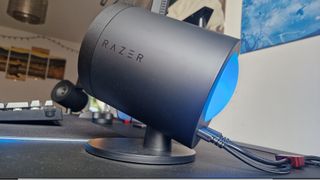
There’s a decent amount of presets and flexibility available in Synapse; the presets are generally good, the EQ is easy to manipulate, and if there’s a premade THX profile for the game your playing, then that’ll be automatically added as an option. The main audio modes are the traditional stereo 2.1 output and the THX Spatial setting which is a virtual surround sound offering.
Of course, RGB is featured too, but has been moved from the stands of each desktop speaker in the original to the rear. This change means that you’ll get the most out of it when the speakers back directly onto a nearby wall, and in low light situations (of course). It would have been nice to see the RGB in the stand retained in addition to the rear lighting to offer even more ambience and enable you to enjoy it more.
Performance
- Superb audio across all media
- Great bass levels and overall volume
- Superb audio modes and EQ options
On a purely audio-quality level, the Nommo V2 Pros are easily the best Razer speakers I’ve ever used. Across the board, no matter the media, they excelled and provided brilliant audio, with plenty of range, volume, bass, and detail. And while there’s no fancy beamforming audio like the Leviathan V2 Pro, there is sumptuous Razer-quality audio - in both sound modes.
When used in stereo mode the Nommo V2 Pros reinforce the fact that there is a place for 2.1 stereo audio in gaming in the year 2023 - it’s perfectly balanced, rich, rounded, and doesn’t miss a beat. Even though it's virtual, the THX Spatial mode produces some wonderfully produced surround sound effects, however it does pay to tinker with the EQ when setting up as I found it can sound a little thin at first.
Running the Nommos across a few games, the quality on offer is a joy to experience. Dawn of War 3’s crunchy, busy combat was delivered with great fidelity, and every sound of stomping units or barked orders and commands were crisp and clear. The original Stalker’s atmospheric and creepy audio still holds up in 2023 when given to me with the Nommo V2 Pros, giving me some chills. And in Fortnite, I was gifted a solid action-packed audio experience, being able to discern enemy and gunshot direction well, though I’d always recommend a gaming headset over speakers for something of a competitive nature.
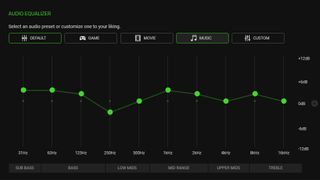
Voices from family and colleagues on voice calls were crisp and clear, while music of all kinds was a joy to listen to. Making adjustments will elevate your experience, but it can be as simple as flipping the preset EQ from Game to Music. No matter what it was, classical or Slipknot, the Nommos pumped it out beautifully.
Ease of use is well worth mentioning here too. It’s great that the controller is wireless now which means it’s perfect if your keyboard has no media controls. The problem with that is that most gaming keyboards and Razer keyboards do have media controls. As a result, I barely used the remote apart from the power function.
Should you buy the Razer Nommo V2 Pro speakers
If you’re looking for some of the best PC speakers for gaming right now, then the Nommo V2 Pros should be front and centre on your shortlist. The audio is terrific, the design, build, and ease of use are all excellent, and they do offer something close to the full - albeit streamlined - PC audio package.
As with anything in this price range, and as usual with Razer, there is a slight question mark over value. After double and triple-checking the Razer website and interrogating the manufacturer’s spec lists, the ‘regular’ Nommo V2 speakers seem to be identical to the V2 Pros bar only two slight differences: the wireless subwoofer and the remote. This means that if you’re OK with just one more cable to manage, and controlling the speakers from your keyboard or Synapse, then you can save yourself $150 / £150 - which is wild given the negligible differences. You’re not missing out on anything audio-wise, to be clear. And in terms of direct competition, part of me would still just about recommend the QAcoustic M20 HD speakers too for connectivity and flexibility reasons. However, despite the original Nommos having greater connectivity, it is fair to say that the V2 Pros do offer more value than their predecessors, so that is a welcome advancement.
Having ditched multi-speaker setups in the recent past to get rid of cable spaghetti, I’d thought that nothing would displace my simple Yamaha SR-C20A soundbar for a while. The Nommo V2 Pros have made me rethink that. If you’re looking for a big upgrade in your desk-bound audio, or want to go big and best with your first set, then the Nommo V2 Pros are very strong contenders; this set can do it all, very well.
How we tested the Razer Nommo V2 Pro speakers
I have used the Razer Nommo V2 Pro speakers as my everyday sound-givers for several weeks and used them for everything from video calls to background music, and from streaming TV, to plenty of gaming across different genres. In terms of music specifics, I have tested multiple types including instrumental video game music that I work to, and dock and metal for some leisure listening. I tested the Nommo V2 Pros with a range of games to put them through their paces too: strategy games like Total War: Troy and Dawn of War III, the original Stalker game which I’m revisiting, as well as Fortnite. I was also able to do some AB testing against the Yamaha SR-C20A soundbar which is my usual daily driver.
Tested on PC with an Acer Predator X38 monitor from Acer.
If you’re looking for more intimate audio options then check out our best gaming headset, best wireless gaming headset, and best PS5 headset guides.
Rob is the Deputy Editor of sister site, TechRadar Gaming, and has been in the games and tech industry for years. Prior to a recent stint as Gaming Editor at WePC, Rob was the Commissioning Editor for Hardware at 12DOVE, and was on the hardware team for more than four years, since its inception in late 2018. He is also a writer on games and has had work published over the last six years or so at the likes of Eurogamer, RPS, PCGN, and more. He is also a qualified landscape and garden designer, so does that in his spare time, while he is also an expert on the virtual landscapes and environments of games and loves to write about them too, including in an upcoming book on the topic!
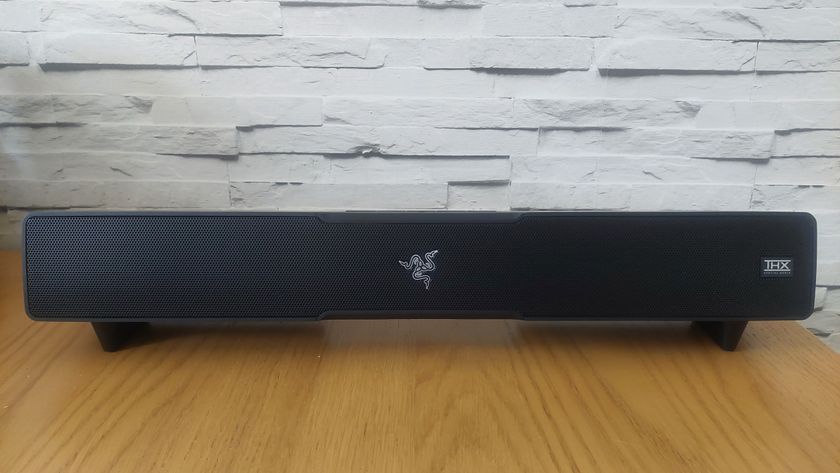
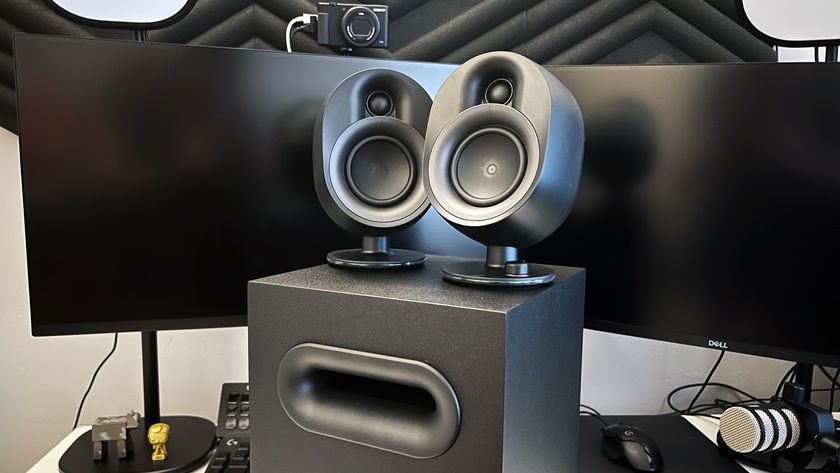
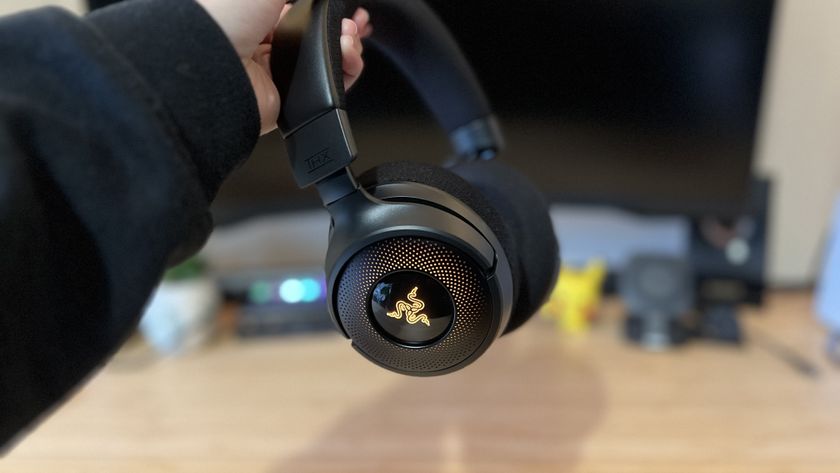
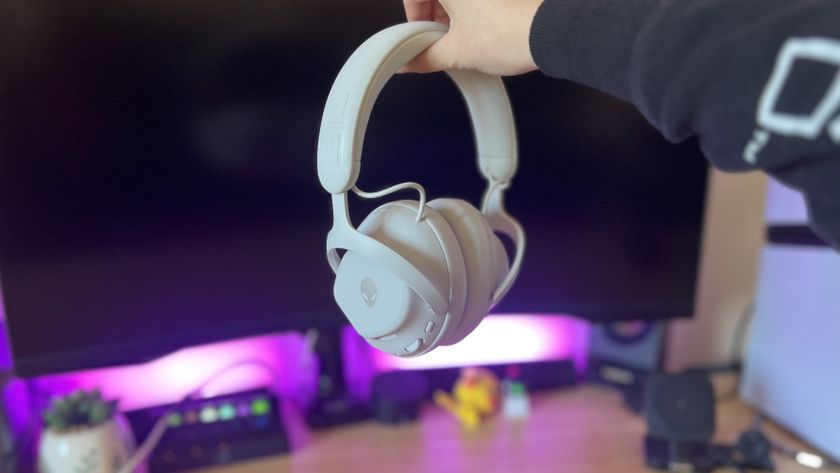
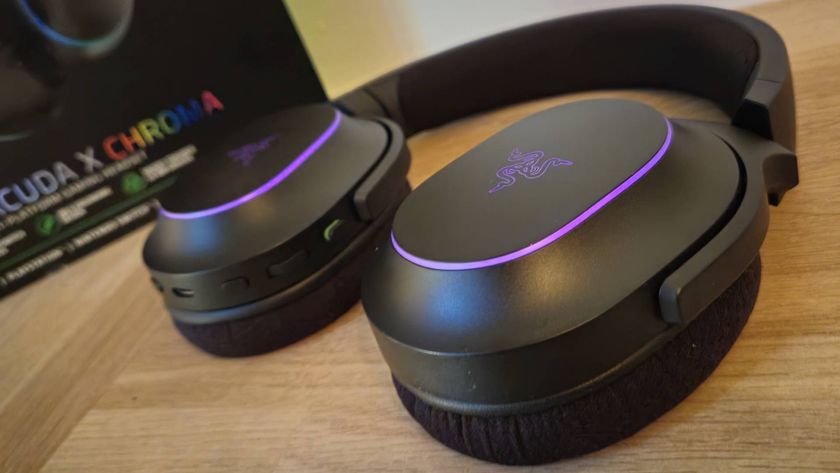
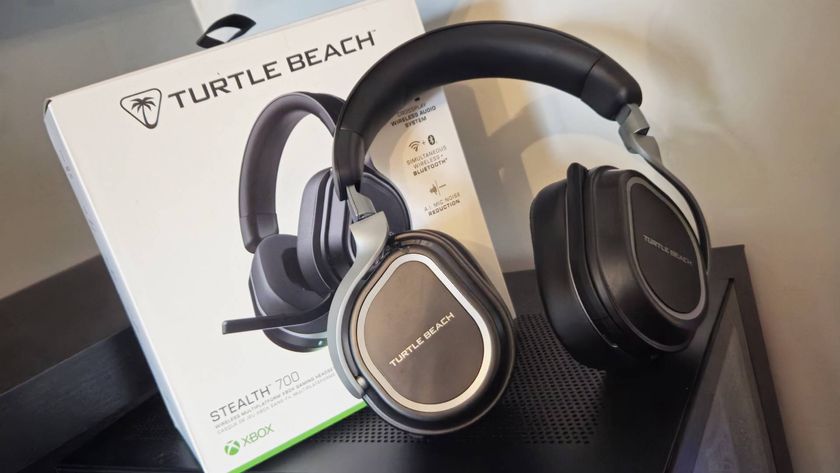
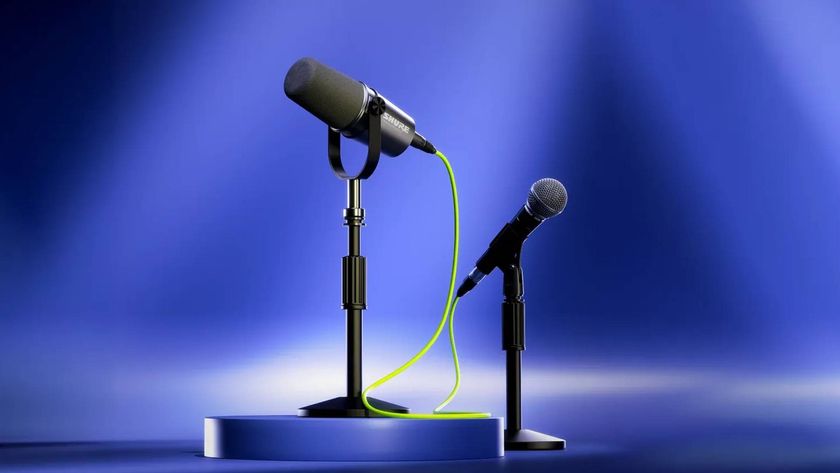
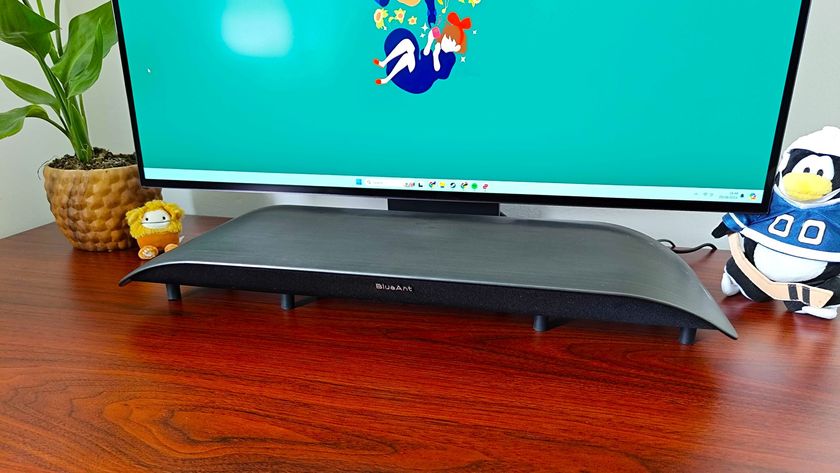
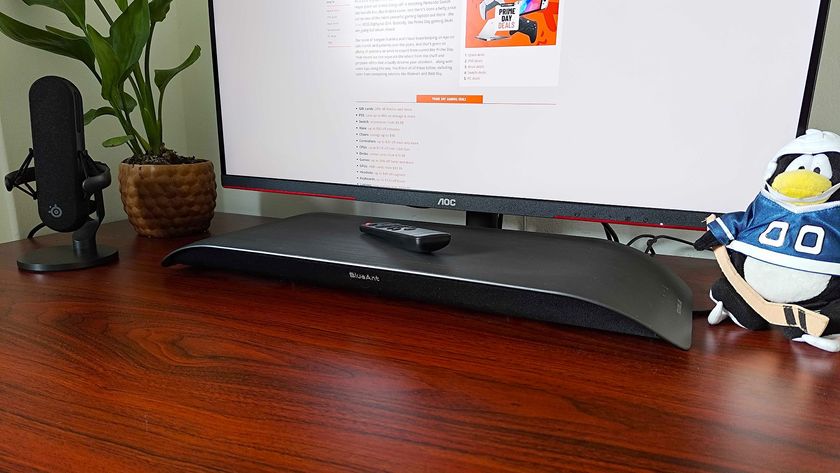
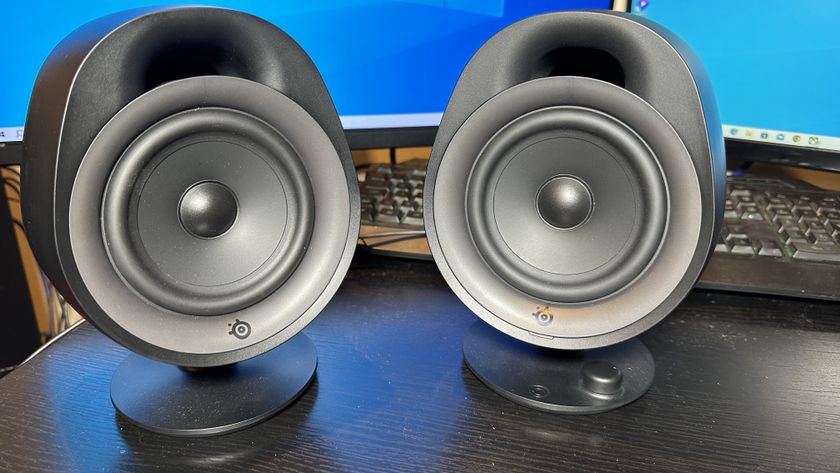
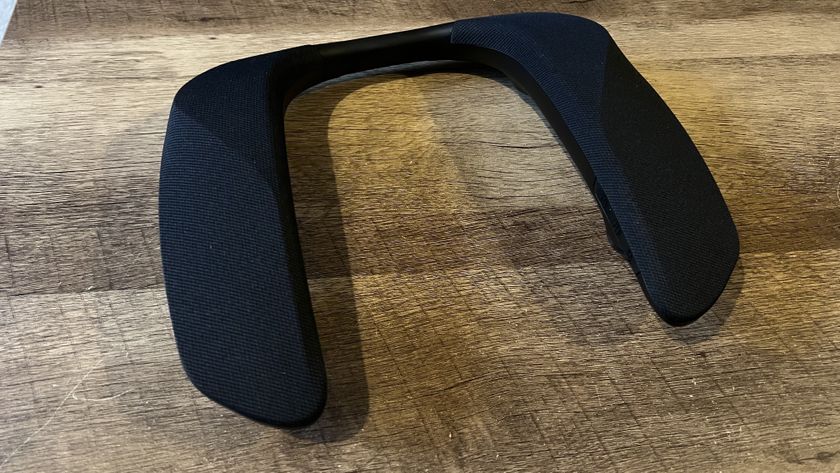
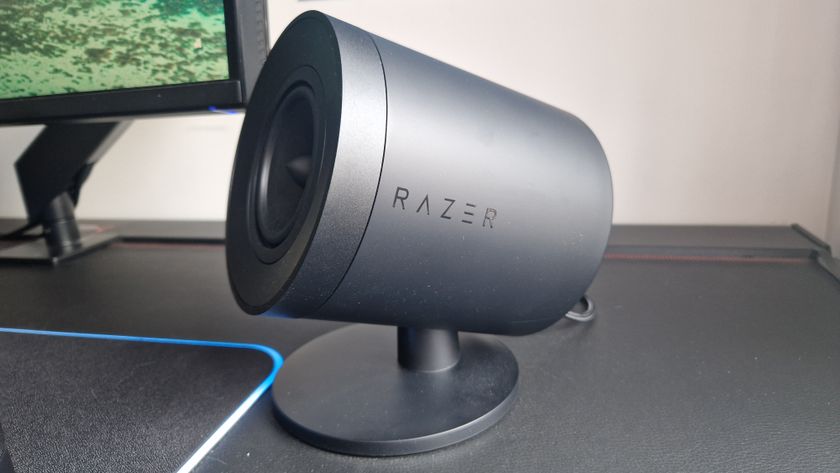
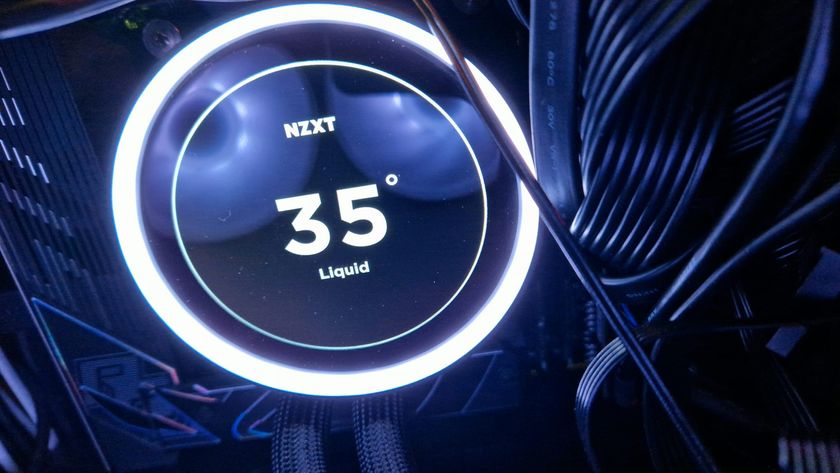
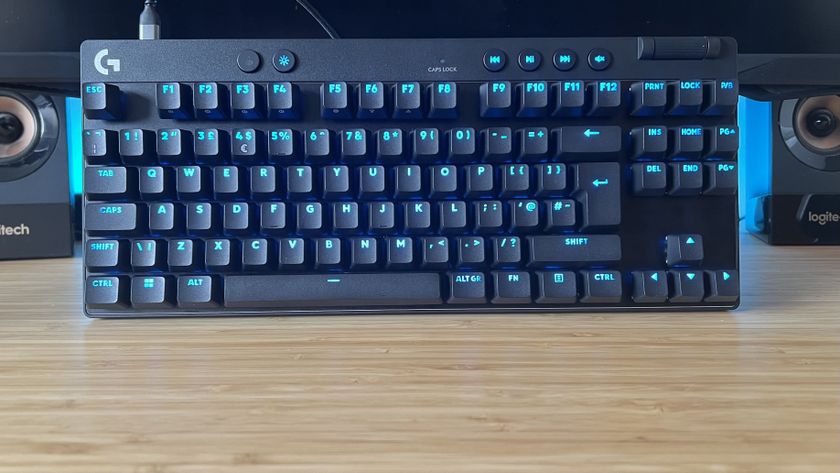


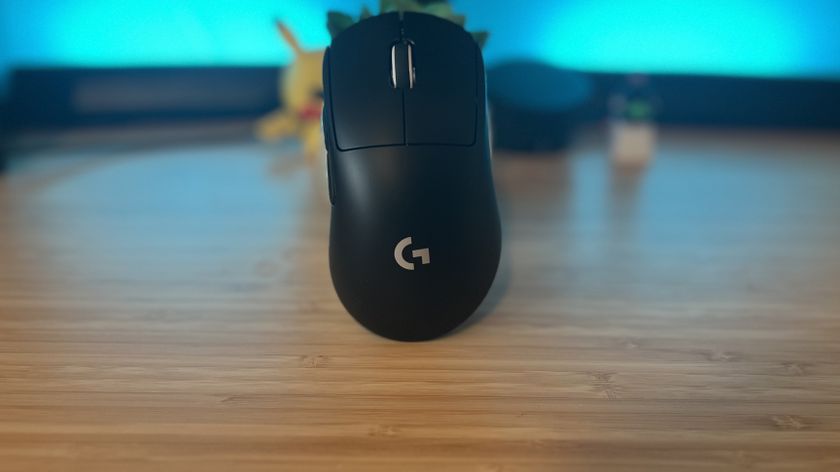


Marvel fans are discussing which of the Netflix series characters would have survived the Blip

PUBG creator's wilderness survival game actually draws inspiration from an unexpected place - a whole raft of zombie games like DayZ, Project Zomboid, and Left 4 Dead

The Witcher 3 devs created a Jekyll & Hyde-style character for their new vampire RPG "because nobody yet has done that"
